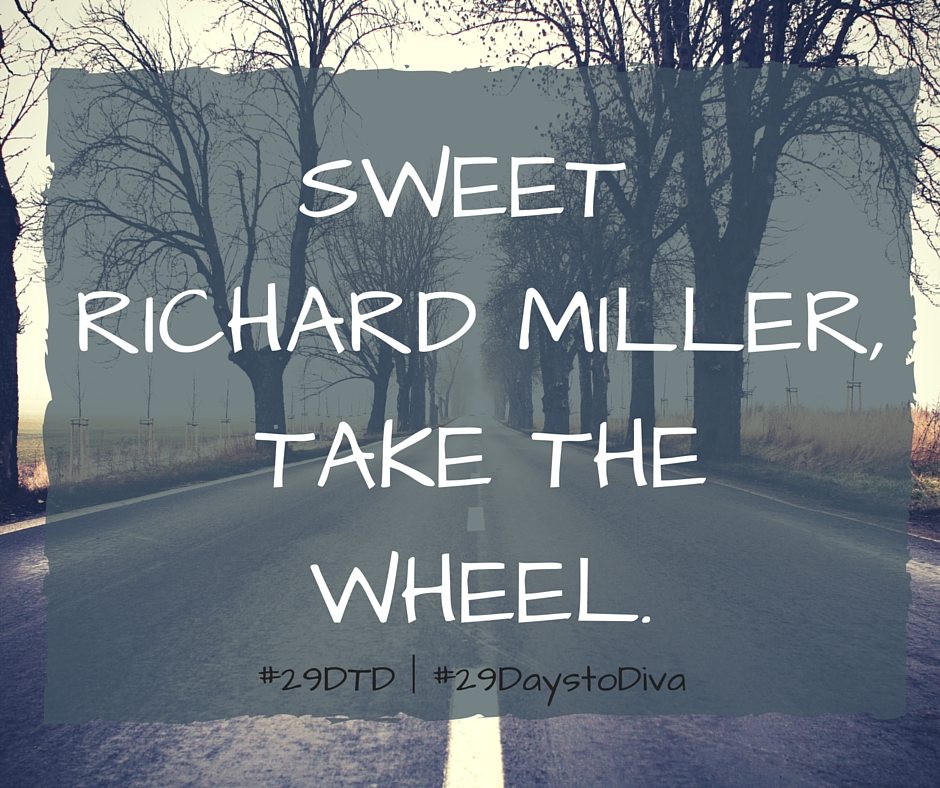“It sounds like you’re trying to strangle yourself with your own tongue,” the student said. “Yes, so does that feel good when you’re doing it to yourself?” the teacher replied. Singers have built up more latent muscle memory with their instruments than most other musicians. We have been using our voices for years, both talking and singing, before anyone ever came along and made mention of vocal technique.
One of the terrifying aspects of our field is just how many people are teaching young voices that have very little knowledge of pedagogy and/or technique. To be fair, there are a bastion of incredible teachers out there too. The terrifying part comes into play when we don’t know the difference between the two as we youthfully jump into the fray.
Your 29 Days to Diva Challenge for Day 23 is to Objectively Assess Your Singing Muscle Memory.
Little wonder that we have technique gremlins that we do not even notice in our own voices. It makes matters worse when we have been praised over the years for a certain aspect of the sound which could be partially based on faulty technique. There are so many ways that we learn to compensate for flaws and manipulate our vocal production that you would think we would ultimately find good technique before putting ourselves through this ordeal.

One of the trickiest aspects of this, as a fabulous teacher of mine pointed out to me, is that we grow used to singing “feeling” a certain way. As we become accustomed to that sensation, we lose the intensity with which we feel it. In a cruel twist of fate, we try harder and harder to regain the affectation and get farther and farther away from a naturally vibrating and healthy sound.
Range, Registration, and Resonance
The three R’s of vocal technique: range, registration, and resonance. Does your range suit the repertoire you are singing and vice versa? Play with the limits of your range. Notice any significant differences in exactly how you produce sound at those extremes. When you notice the physical in those areas, are you able to extend your range?
At different times in our singing lives, traversing passaggio can feel like an extreme of its own. As you are practicing today, focus on seamless sound through the registration shifts.
Do you feel like the way you are using your instrument results in a round, complex, resonant sound? Could you improve the resonance of your tone in any way? I highly recommend slowing down your technical exercises and stepping away from the piano to truly turn your attention to resonance. Does the shape of the instrument you are creating respond to vowel and pitch needs? You are a resonant body — an instrument at the ready — a temple of sound waiting to be unlocked at any given moment.
Articulation Aptitude
Let your lips, teeth, tongue, and jaw work for you, not against you, divas. Voices get to use text. It makes us special. How we execute the fusion of language and musical sounds is our craftsmanship. Finding the purest expression of the vowel is one of the most freeing feelings in singing to discover.
It can feel so dispiriting to see singers get in their own way by retracting or depressing the tongue. Or, to see the jaw taking over. While in the practice room, watch yourself in the mirror for as many technique pitfalls as you can outline. Do the same exercise while you video record yourself without being able to view as your record. Do you notice any differences? What would you tell a student who is struggling with these same technical issues?
A Constantly Changing Instrument
Remember that your instrument is evolving as you grow and change as a human being. It responds to your environment and use. Our understanding of our own technique, along with musicianship and presence, should also be in a constant state of development. Challenge yourself to seek out new (or, new to you) texts on technique. Consider that information and its value in your practice sessions. Finally, turn your attention to the care of the voice as often as possible. For, as a professional, you’re hoping to turn the breath into sound and the sound into dollars. Or, you know, just changing the world through classical music.
Let’s Change the World, Divas!
I’m on a mission to change the world through classical music — specifically new music. Would you like to join me? Subscribe now to the get the latest delivered directly to your inbox.

[…] Day 23 Challenge is to Objectively Assess Your Singing Muscle Memory. […]